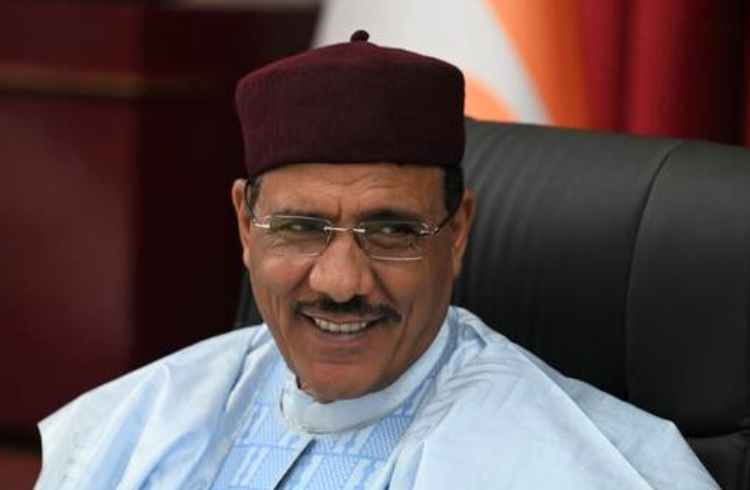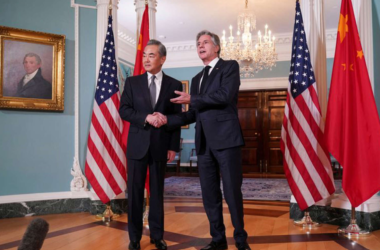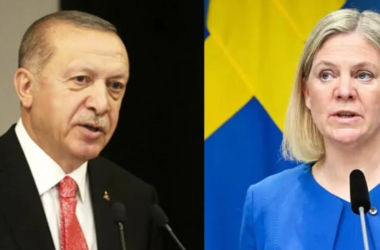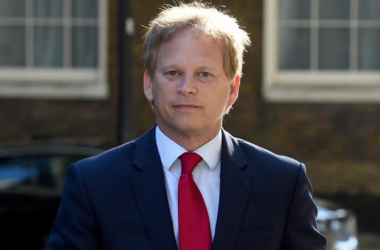Niger’s top court has lifted the immunity of deposed President Mohamed Bazoum, opening the possibility of a trial following his ouster in a July 2023 military coup.
“The court orders the lifting of Mohamed Bazoum’s immunity,” stated Abdou Dan Galadima, the president of the court established by the new military regime in November.
Niger’s authorities have accused Bazoum of treason, financing terrorism, and plotting to undermine the state. Since the coup on July 26, Bazoum and his wife, Hadiza, have been detained at the presidential residence. They have been living under strict conditions, without access to a telephone or visitors, except for their doctor who visits twice a week.
“I don’t even know if President Bazoum is aware of the lifting of his immunity,” said Hamid N’Gade, Bazoum’s communications adviser, to AFP. “We only get news about him from his doctor who sees him twice a week. No one knows how he is coping psychologically.”
A collective of lawyers representing Bazoum criticized the court’s decision, stating it condones serious violations of defense rights and marks the beginning of legal proceedings against Bazoum, whom they claim is being held illegally. Moussa Coulibaly, one of the lawyers, described the decision as “the advent of the arbitrary” with “extremely serious consequences.”
Bazoum, 64, is accused of seeking support for “armed intervention” during the coup by contacting French President Emmanuel Macron and US Secretary of State Antony Blinken.
Human Rights Watch denounced the proceedings as “unfair” and criticized “serious irregularities” on the eve of the court’s decision. Bazoum’s lawyers have faced multiple obstacles in defending him, including being denied meetings with their client and having their arguments refused by the court. The hearing had already been postponed twice.
In December, the court of the West African bloc, ECOWAS, ordered Bazoum’s immediate release. However, Niger subsequently withdrew from ECOWAS, which had imposed sanctions on Niger following the coup, later lifting them in February.
Since the coup, Niger has shifted away from traditional international alliances. The new military leaders expelled French troops last year and demanded the withdrawal of US forces, which is set to be completed by September. Niger has sought new partners, including Iran and Russia, and has strengthened ties with military-led Burkina Faso and Mali, forming the Alliance of Sahel States.
However, Niger faces ongoing diplomatic tensions with Benin and refuses to reopen its border with the neighboring country.








